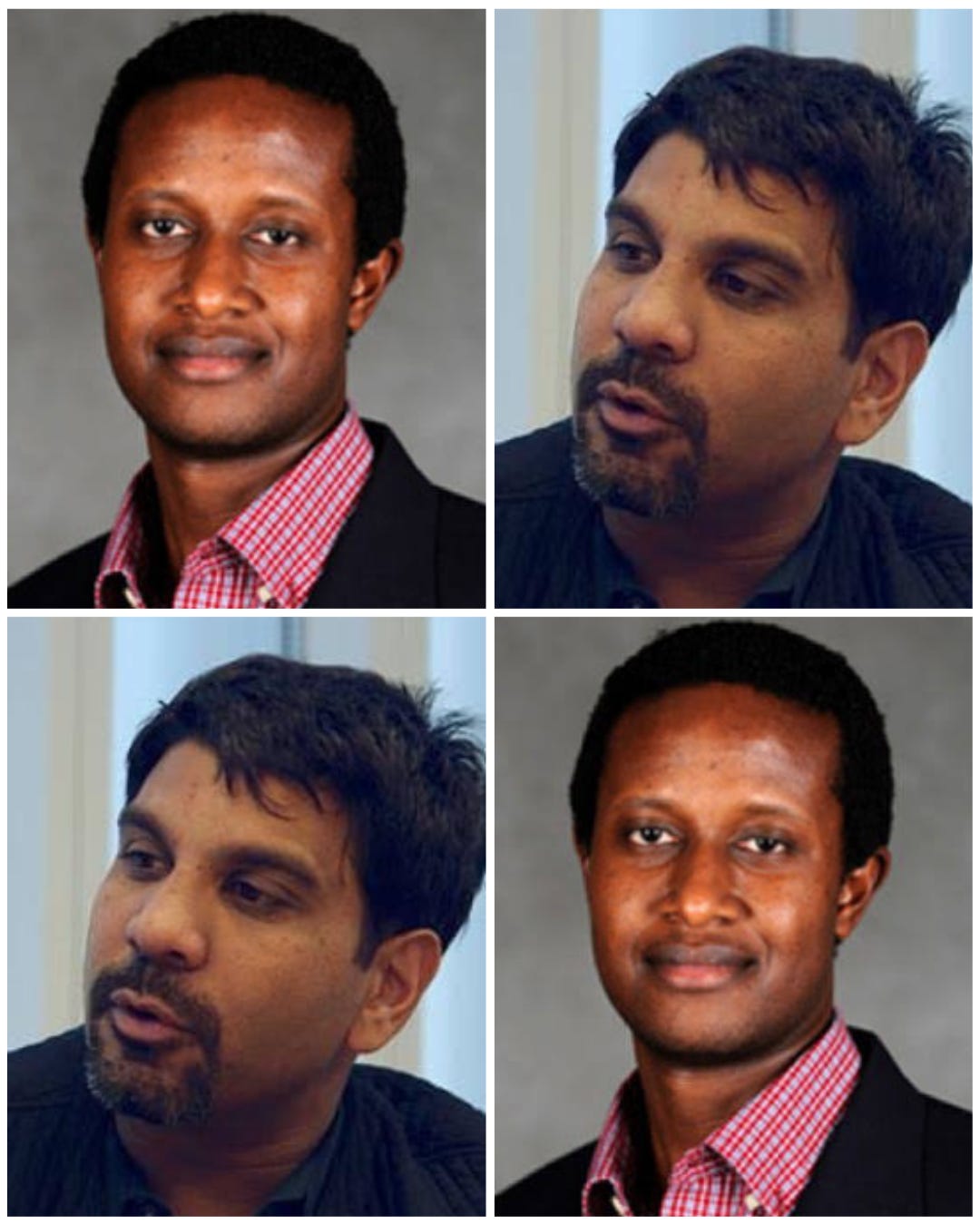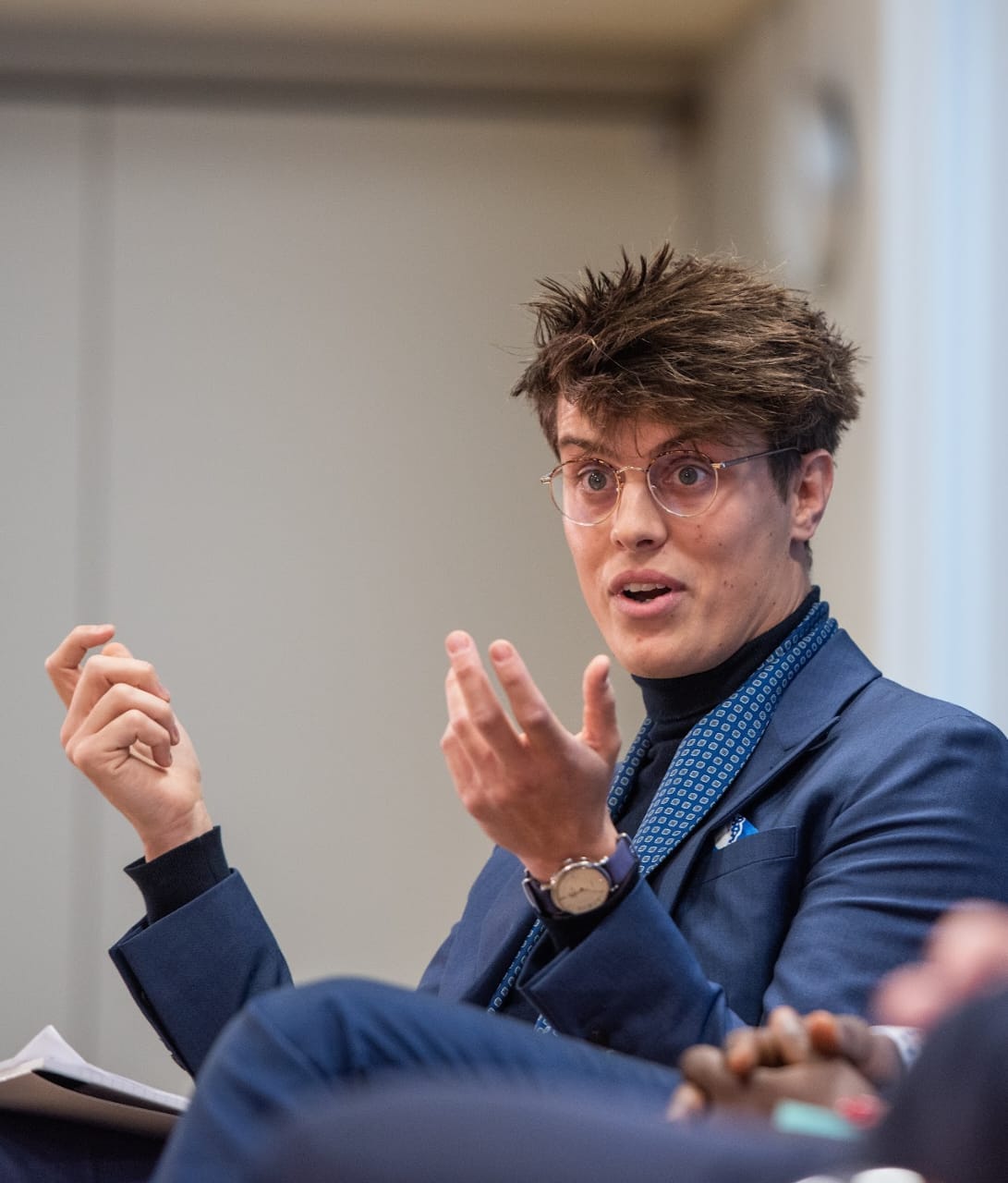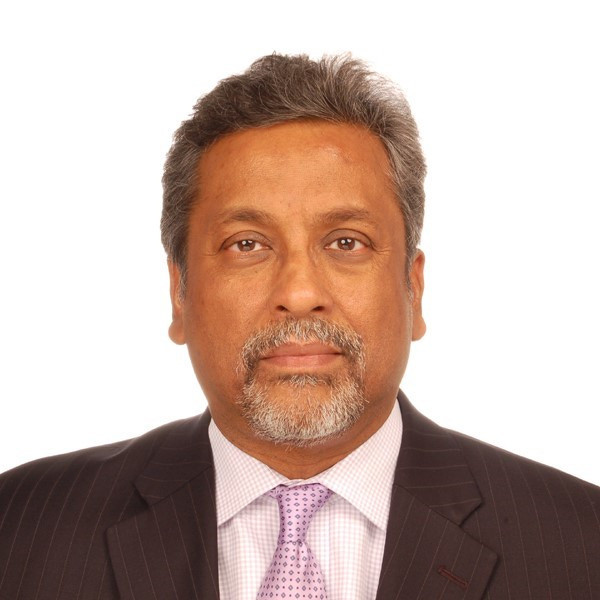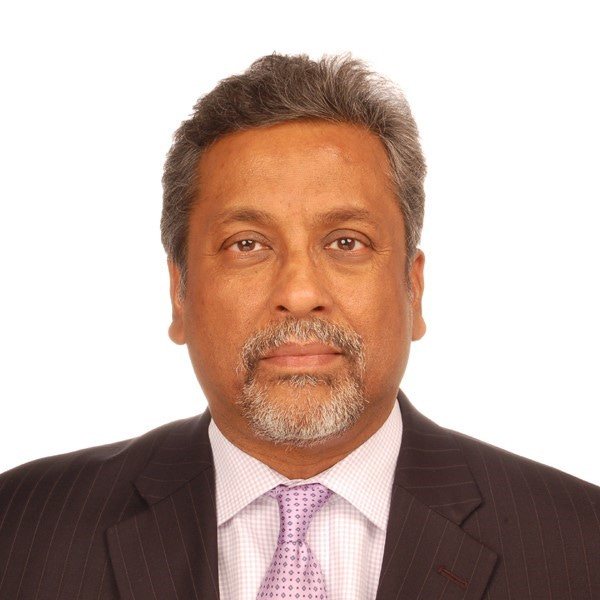Moving from Promise to Progress
Description
In this episode of Ideas Untrapped we discussed the challenges and complexities of education, economic growth, and public health systems in developing countries with two brilliant guests James Habyarimana and Jishnu Das. We started off with an example on the rapid expansion of tertiary education in India and its unmet promise of better jobs, which led to discussions on similar dynamics in African contexts. The conversation explored the balance between market-driven growth and government intervention, emphasizing the need for robust processes and inclusive dialogues to address inequality, improve infrastructure, and shape a collective vision for the future. James Habyarimana is the Provost Distinguished Associate Professor at the McCourt School of Public Policy. His research is focused on identifying low-cost strategies to address barriers to better health and education outcomes in developing countries. Jishnu Das is a distinguished professor of public policy at the McCourt School of Public Policy and the Walsh School of Foreign Service at Georgetown University. Jishnu’s work focuses on health and education in low and middle-income countries.
Transcript
Tobi: Welcome to both of you. This is actually the first time on the podcast that i'll be hosting two guests at the same time and i feel so lucky that it's both of you, so welcome to Ideas Untrapped it's fantastic talking to you.
Jishnu: Great to be here, Tobi. Glad we're doing this.
James: I feel privileged to be sharing this time with both of you.
Tobi: Okay, thank you. You can take turn to answer as you choose. What inspired me to do this episode primarily was a very powerful article by Jishnu talking about
(00:00:33 ):
college education and how young people may have been shortchanged by the promises
(00:00:40 ):
and what the evidence suggests.
(00:00:43 ):
So briefly,
(00:00:44 ):
if you can just summarise for us,
(00:00:48 ):
Jishnu,
(00:00:49 ):
what inspired you to write that piece and what were the major findings?
(00:00:54 ):
Jishnu: Yeah, sure, Tobi.
(00:00:55 ):
And I'll ask James to talk about the African context.
(00:00:58 ):
I mean, I know India fairly well.
(00:01:00 ):
And one of the things that's so surprising and, you know, when people in the U.S.
(00:01:05 ):
or people elsewhere hear it,
(00:01:07 ):
they don't realise just how fast college education and college enrolment has
(00:01:12 ):
increased in the country.
(00:01:14 ):
Right.
(00:01:15 ):
So one of the statistics that I got wrong because I couldn't believe it is between 2003 and 2016,
(00:01:22 ):
India was building a new college every eight hours, right?
(00:01:27 ):
And you think about a number like that and you say, what happened here, right?
(00:01:31 ):
It's completely out of the experience that any of us has ever seen.
(00:01:36 ):
There's a real, real thirst for education among young people.
(00:01:41 ):
And it's not just a certain group.
(00:01:44 ):
We are seeing it in all kinds of socioeconomic status, girls, boys, men, women.
(00:01:51 ):
And it's interesting,
(00:01:52 ):
like in a country like Pakistan,
(00:01:54 ):
which is traditionally thought to be very patriarchal than it is,
(00:01:58 ):
there are more women in college now than men.
(00:02:01 ):
So there's this huge upsurge,
(00:02:03 ):
maybe a huge demand for college education that's being met by all kinds of places.
(00:02:08 ):
And, you know, education is a bit like looking at the stars.
(00:02:11 ):
You're going to see what happened in the past in terms of, OK, all these guys came into college.
(00:02:16 ):
What's going to happen to their lives after that?
(00:02:18 ):
And that part is not clear.
(00:02:21 ):
So India has grown a lot.
(00:02:23 ):
It's a huge success story on some fronts, kind of.
(00:02:27 ):
But really, more than 90 percent of the jobs are still informal.
(00:02:31 ):
And we keep thinking BPO, you know, business process outsourcing.
(00:02:34 ):
They're taking a lot of outsourcing jobs.
(00:02:36 ):
You know,
(00:02:37 ):
there's so little of that in actual numbers that it supports less than a percent of
(00:02:42 ):
the population.
(00:02:43 ):
So the question,
(00:02:44 ):
the big question that comes is,
(00:02:46 ):
OK,
(00:02:46 ):
all these guys who are going into college,
(00:02:49 ):
they're going in with the expectation that their lives are going to be a lot better.
(00:02:53 ):
And are we going to be able to meet that expectation?
(00:02:56 ):
And the phrase that people use is, you know, we have the so-called demographic dividend.
(00:03:01 ):
where we have lots of young people and fewer older people.
(00:03:05 ):
And the right way to think about it is how do we make sure that that demographic
(00:03:11 ):
fraction which we call a low dependency ratio is a dividend and doesn't turn into a
(00:03:16 ):
nightmare when you suddenly have these tons of people who are like,
(00:03:20 ):
look,
(00:03:20 ):
you sold us a dream.
(00:03:21 ):
You told us that if we make it through the schools,
(00:03:24 ):
which are not great,
(00:03:25 ):
and we go to college and we finish our college,
(00:03:28 ):
We'll get a decent job.
(00:03:29 ):
Where is that job?
(00:03:32 ):
That's why I called my blog a coming of rage story, because our college education has come of age.
(00:03:38 ):
And the big question now is whether it's going to come of rage as well.
(00:03:42 ):
And that's kind of, you know, where I left it.
(00:03:45 ):
But I don't know.
(00:03:46 ):
I mean,
(00:03:46 ):
James,
(00:03:46 ):
do you find kind of similar patterns in Uganda or in Tanzania where you work or
(00:03:52 ):
other countries?
(00:03:53 ):
James: Right.
(00:03:53 ):
I guess I want to start by saying, yes, I mean, Africa is in some ways pretty, pretty diverse place.
(00:03:57 ):
And so I'm going to focus a lot of my comments on the places that I'm familiar with,
(00:04:01 ):
which would be East and Southern Africa.
(00:04:03 ):
Tobi: Yeah.
(00:04:04 ):
James: But I fully expect,
(00:04:05 ):
as I was saying to Tobi,
(00:04:06 ):
I've done some work both in Lagos and in northern Nigeria on education.
(00:04:09 ):
So even though this is a little bit a while ago,
(00:04:11 ):
so I don't quite understand the long run trends and,
(00:04:14 ):
say,
(00:04:14 ):
demand for college.
(00:04:16 ):
But, you know, Africa is a very young continent.
(00:04:18 ):
In many parts of Africa, the share of the population is under 30, you know, is close to two thirds.
(00:04:23 ):
And so, yes, there is the same dynamics in terms of expectations of a better life.
(00:04:29 ):
And of course, I think this is the challenge for politicians.
(00:04:31 ):
So
(00:04:31 ):
So earlier when Tobi was saying maybe,
(00:04:33 ):
you know,
(00:04:34 ):
infrastructure projects get more attention than,
(00:04:36 ):
say,
(00:04:37 ):
education,
(00:04:37 ):
I actually think in the places where I work that,
(00:04:39 ):
in fact,
(00:04:40 ):
education gets much more attention because politicians are concerned about this rage,
(00:04:45 ):
right?
(00:04:45 ):
They're concerned about this gap between people's aspirations and essentially kind
(00:04:50 ):
of the opportunities that are available when they finish school.
(00:04:53 ):
I think that is a huge problem.
(00:04:54 ):
Even in places,
(00:04:55 ):
actually,
(00:04:55 ):
the northeastern Nigeria,
(00:04:57 ):
where I started to do some work on kind of apprenticeship programs,
(00:05:00 ):
there's a lot of attention being paid to addressing essentially kind of this gap.
(00:05:04 ):
Because I think ultimately,
(00:05:06 ):
and I think most political scientists have suggested that essentially kind of the
(00:05:09 ):
share of males between the age of 15 to 29 who are not engaged in school or active work,
(00:05:15 ):
in some ways can be a major source of instability.
(00:05:17 ):
And so I do see the same concerns.
(00:05:21 ):
There's certainly been an explosion in
(00:05:22 ):
in terms of tertiary institutions outside of government.
(00:05:25 ):
And so there are many more private institutions in East Africa than exist,
(00:05:29 ):
say,
(00:05:29 ):
you know,
(00:05:30 ):
20 or 30 years ago.
(00:05:31 ):
I don't think people are building universities or colleges at the same rate as they are in India.
(00:05:36 ):
But there's certainly kind of an attempt to respond to the exploding demand
(00:05:40 ):
And I think ultimately the question for whether there's a demographic dividend or not,
(00:05:45 ):
I mean,
(00:05:45 ):
I've certainly made the case in other fora where I've
























